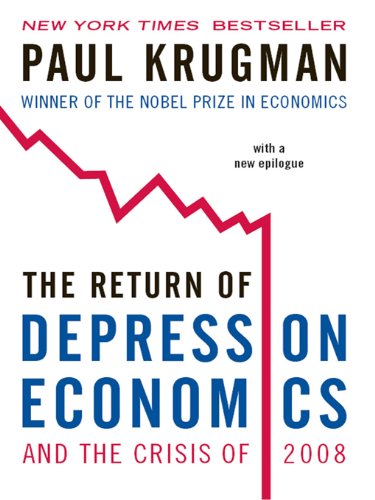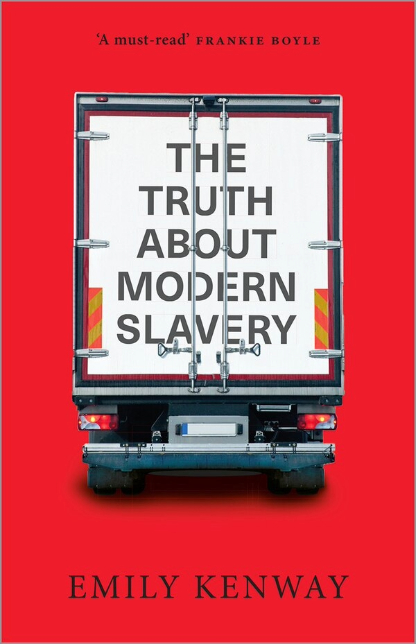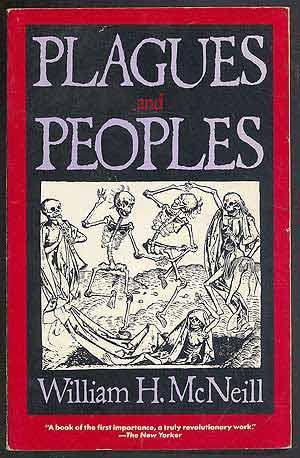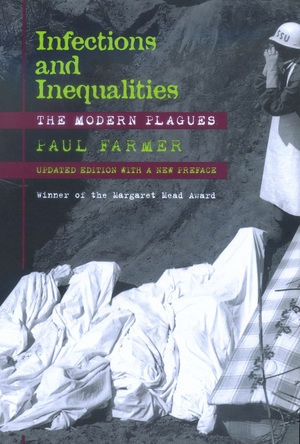We are the Weather: Saving the Planet Begins at Breakfast, Jonathan Safran Foer, Hamish Hamilton, 2019, pp. 272, ISBN 976-0-7352-3307-2
As wildfires spurred by global warming rage in Australia and California, as bigger, stronger and more dangerous hurricanes batter coastal communities, as sea levels rise and glaciers melt, as an ever-increasing number of species faces extinction, you too can help save the planet. Only, as the title of new non-fiction work by Jonathan Safran Foer suggests, if you change your eating habits.
We are the Weather reads like a sequel to Foer’s 2009 bestseller Eating Animals, in which he described atrocities being committed in factory farms in such gruesome and visceral detail. Unlike Eating Animals, We are the Weather is more personal in its analysis of the non-committal nature of the individual fight against climate change. It asks us what we are willing to do to prevent a catastrophe? Interweaving the personal, the factual and the metaphorical, it answers, “not very much.”
Part of the problem is conceptualizing the enormity of the threat we face and believing that we are indeed in dire straits. Foer compares our current predicament with that of Jan Karski, a member of the Polish underground who embarked on a mission to travel to America to inform world leaders of Nazi atrocities. Upon reaching the US in 1943, he met with the Supreme Court Justice Felix Frankfurter, to whom he recounted the horrors of the clearing of the Warsaw Ghetto and concentration camps. Justice Frankfurter replied that he was “unable to believe what you told me.” For Foer, we have evolved to care about the immediate and remain indifferent to what’s ‘over there.’ Although we are living in climate changed and changing world, we are unable to conceptualize it as such.
However, even believing is not enough. Intellectual acceptance of climate change does little to mitigate it unless we act upon our knowledge. As Foer so wittily demonstrates by listing all the dire consequences societies will face if they succeed in limiting global warming to 2 degrees, such as the increase in armed conflict, destruction of the Amazon, increase in human mortality, irreparable damage to coral reefs, and then finishing by stating that the emotional impact of these statistics is “unlikely to survive the end of this sentence”. How does knowledge translate to action?
The reader only discovers that this is a book about the impact of animal agriculture on page 64. For Foer, our collective predicament boils down to a choice between changing our eating habits or letting the planet go. It is our inability to change our eating habits that betrays our alleged beliefs in climate change. For Foer, this means that we don’t believe in it because, despite our knowledge, our actions remain unchanged.
Under headlines such as “Animal Agriculture Causes Climate Change,” “Animal Agriculture is a/the Leading Cause of Climate Change,” and facts like “99 percent of the animals eaten in America were raised on factory farms”, or “animal agriculture is responsible for 91 percent of Amazonian deforestation”, Foer drives his point home. If only we change our behaviour, markets will be forced to respond to the changing consumer preferences and will cease their destructive habits. But it is not merely industrial factory farming of animals that is the issue. Foer omits the likewise terrible monocultures, and particularly those of soy and corn, which form the basis of most food and are used in feeding livestock. The underlying motif is not necessarily the satisfaction of individual cravings, but the profit motive of the Big Ag. Industrialized and mechanized production of food yields the highest surplus value. Individual dietary preferences play a secondary role in this method of production.
It is therefore misguided for Foer to blame “human nature” in his highly personal chapter “Dispute with the Soul”. Even though he advocates for changing our eating habits, Foer admits that he finds it challenging to do so himself. He fails to mention the entire industries built around advertising particular foods or lifestyles conducive to eating fast/junk food. How many people turn to fast food because of their working schedule? How many people cannot afford to cook a particular kind of meal due to the lack of sufficient income? Framing the issue in terms of demand and supply fails to acknowledge the structure that determines lifestyles and by extension particular dietary preferences. Sure, cheeseburgers could be priced at their true cost, which Raj Patel estimated to be over $100, but then we are faced with the issue of corporations refusing to accept significantly lower profits. To change our dietary preferences, we ought to change the system that structures them.
Foer also draws false dichotomies between the power of individual choice and the refusal to accept individual agency. Organized environmental activism, in the form of Extinction Rebellion, and other groups have made inroads in dismantling the destructive elements of our fossil fuel civilization. Surely there is more power in organized resistance.
Nonetheless, We are the Weather makes an impassioned plea for action, with all of Foer’s literary flair and devastating honesty. Perhaps it will jolt some to choose to eat less meat, while it may likewise stir others to join a movement seeking to change our everyday life.




